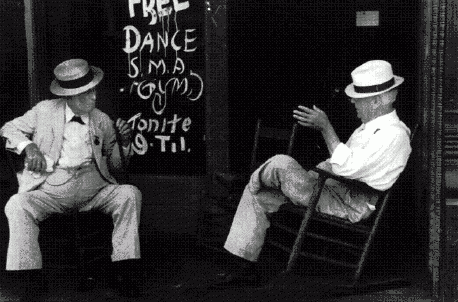Here’s John Jeremiah Sullivan on James Agee’s Cotton Tenants, a previously unpublished magazine story that would later turn into Agee’s acclaimed book, Let Us Now Praise Famous Men:
BEFORE THE FAMOUS BOOK, there was the essay, the thing Agee and Evans were sent to Alabama for in the first place. It never got published. Agee wrote it at least twenty thousand words longer than Fortune wanted; he turned it in late; the rubric under which it was supposed to run was done away with by editorial higher-ups, etc., etc. Anyone who’s written for magazines will recognize the thousand mystifying in-house obstacles that doom so many pieces. The very manuscript of this was considered lost, until Agee’s middle child and younger daughter, Andrea, found it a decade ago, and The Baffler excerpted it last year. Now, at the age of seventy-seven, it exists in full, published by Melville House with the title Cotton Tenants.
It’s a very different creature from the book. More restrained. More disciplined, overall—perhaps it’s more correct to say, more confident. Cotton Tenants knows its form: the long, weird, quasi-essayistic, documentary-infused magazine piece, a form older than the novel, despite a heritable instinct in critics to continually be calling it New. Agee was pushing the form—that’s partly what makes it exciting to see and read this new book. He was pushing Luce, too, seeing what he could smuggle into Fortune, stylistically, in a Trojan-horse kind of way. Later, writing for himself and Evans, he was willing to go further.
The earlier constraints had both limiting and salutary effects. It’s a smaller, lesser work, but a more perfect one. Prose is like glass in this respect. The bigger you go, the more opportunities for cracks. We cut more ambitious works slack not out of pity but in just measurement. There are places, like pressures, to which you can’t go without a little weakening of the structure. Cotton Tenants is a smaller pane of glass. Very clear. You can see Agee’s influences, in bud form, but you can also see a couple of years’ practice at writing what William Hazlitt called “periodical essays,” pieces that existed under a certain pressure to keep the attention of distracted readers. Agee had become good at it.






